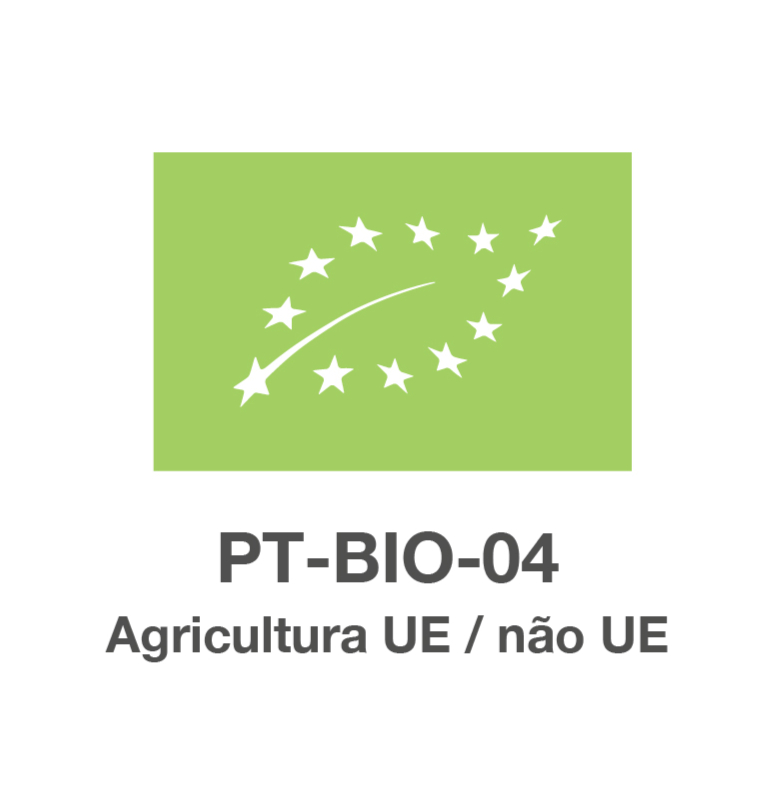
What are the origins of organic farming?
We can say that the origins of organic farming can be traced back to ancient civilisations, including the Greeks, Romans and Chinese. These cultures used natural farming methods such as crop rotation, composting and intercropping, recognising the importance of maintaining soil fertility and reducing the impact of pests and diseases.
After the First World War, Germany faced a serious agricultural crisis and many scientists became concerned about the effects of synthetic chemical fertilisers on soil and food quality. A more biological approach to soil emerged, advocating organic fertilisation to nourish soil organisms.
At the beginning of the 20th century, one of the first advocates of organic farming was Sir Albert Howard, a British agricultural scientist who worked in India and observed that traditional Indian farmers used natural methods to maintain soil fertility and produce healthy crops. He began experimenting with composting and other organic farming practices, developing the concept of the ‘law of return’, which states that the health of the soil depends on the nutrients that are returned to it.
In the 1920s, Austrian philosopher Rudolf Steiner introduced the concept of biodynamic agriculture, which emphasises the interconnectedness of all living beings. Biodynamic farmers use natural preparations, such as compost and herbal tea, to promote soil fertility and plant health.
From the mid-1960s onwards, pesticides became a prominent environmental concern and organic farming took on a new flavour. The convergence between environmental organisations and agricultural unions in the 1980s explains the growth of this type of agriculture in some European countries such as Spain and Sweden, where it now occupies 20% of the agricultural surface. The unification of production standards and the implementation of a certification process, which led to the 1991 regulation (Regulation (EC) No 2092/91), meant that organic farming grew from 0.1% of agricultural land in 1985 to almost 4% at the beginning of the 21st century.
What does organic farming consist of?
Organic farming is a system of agricultural, plant and animal production that seeks to obtain high quality food using techniques that guarantee its sustainability, preserving the soil, the environment and biodiversity, avoiding the use of synthetic chemical products and favouring the use of natural resources.
Through the appropriate use of preventative and cultural methods, such as crop rotation, green manures, composting, intercropping and the installation of living hedges, the aim is to improve soil fertility and biodiversity.
Organic farming does not use pesticides or synthetic fertilisers, nor does it use genetically modified organisms.
In this type of agriculture, plant protection is based on prevention, endeavouring to increase natural limitation and resorting to various cultural measures, such as the use of varieties resistant to pests and/or diseases.
However, if the combination of preventive methods applied does not prove sufficient to avoid significant damage, taking into account the pressure of the pest or disease, plant protection products of mineral, vegetable, animal or microbial origin can be applied as a last resort, in small numbers and with minimal or no environmental, toxicological or ecotoxicological impact. The list of products permitted by European legislation is quite restricted.
How do I identify an organic product?
The European Union Organic Logo identifies organic products produced in the European Union. It can only be used on products that have been certified as organic by an authorised control agency or body, certifying compliance with strict conditions regarding the method of production, processing, transport and storage.
Its use is compulsory on all pre-packaged EU foods produced and sold as organic in the EU.
What are the benefits of organic farming?
There are many benefits to organic farming, including:
- contributing to a more nutritious and healthy diet. Studies show that food from organic farming has a higher content of nutrients and compounds with antioxidant action, such as phenolic compounds (flavonoids). Phenolic compounds are very important for human health due to their potent antioxidant activity and wide range of pharmacological properties, including anti-cancer, antioxidant and platelet aggregation inhibiting activity;
- reduce exposure to chemicals such as fertilisers and pesticides, contributing to people's health. The link between the use of chemical pesticides and certain pathologies such as cancers, allergies and asthma, among others, has already been proven.
- contribute to the conservation and improvement of soil fertility by increasing its organic matter content;
- perpetuate the diversity of seeds and local varieties with great nutritional and cultural value, thus fostering the global biodiversity of agricultural ecosystems;
- guaranteeing the preservation of the quality of the water we drink by using only natural fertilisers;
- reduce the use of non-renewable energies by reducing the need for agrochemicals; and mitigate the greenhouse effect and global warming by sequestering carbon in the soil. The more organic carbon retained in the soil, the greater the potential for agriculture to mitigate climate change.
Food produced in regenerated soils and fertilised with organic matter develops its true aroma, its true colour and its authentic taste. Plants that grow healthy and nourished!
At Simplu...
For all the above reasons, one of the pillars of all Simplu products, from day one, has been to use only organically certified ingredients.
We demand quality and, to this end, we have always been concerned about the origin of our ingredients, favouring simple, more natural ingredients with sustainable production practices.
Producing food that is nutritionally sound, healthy, aromatic, unique in flavour and that contributes to the health of those who consume it will always be our greatest motivation!
Bibliography:
Chausali N, Saxena J, 2021. Chapter 15 - Conventional versus organic farming: Nutrient status. Advances in Organic Farming, 241 - 254.
Brantsæter, A.L., Ydersbond, T.A., Hoppin, J.A., Haugen, M., Meltzer, H.M., 2017. Organic food in the diet: exposure and health implications. Annu. Rev. Public Health 38, 295–313.
Dangour, A., Dodhia, S.K., Hayter, A., Allen, E., Lock, K., Uauy, R., 2009. Nutritional quality of organic foods: a systematic review. Am. J. Clin. Nutr. 90, 680–685.
https://www.beyondpesticides.org/programs/organic-agriculture/why-organic/health-benefits
https://agriculture.ec.europa.eu/farming/organic-farming/organic-logo_pt



Comments